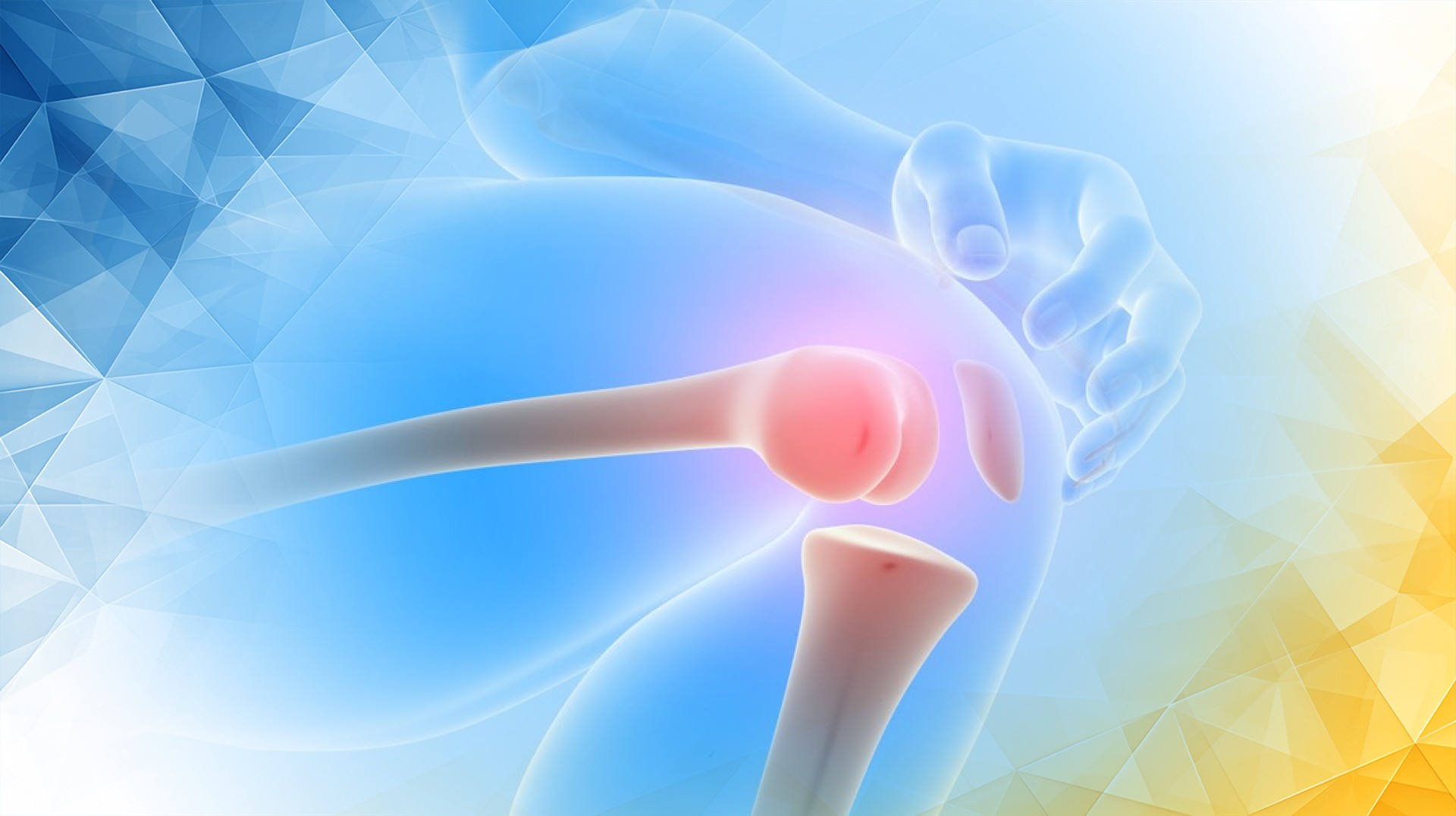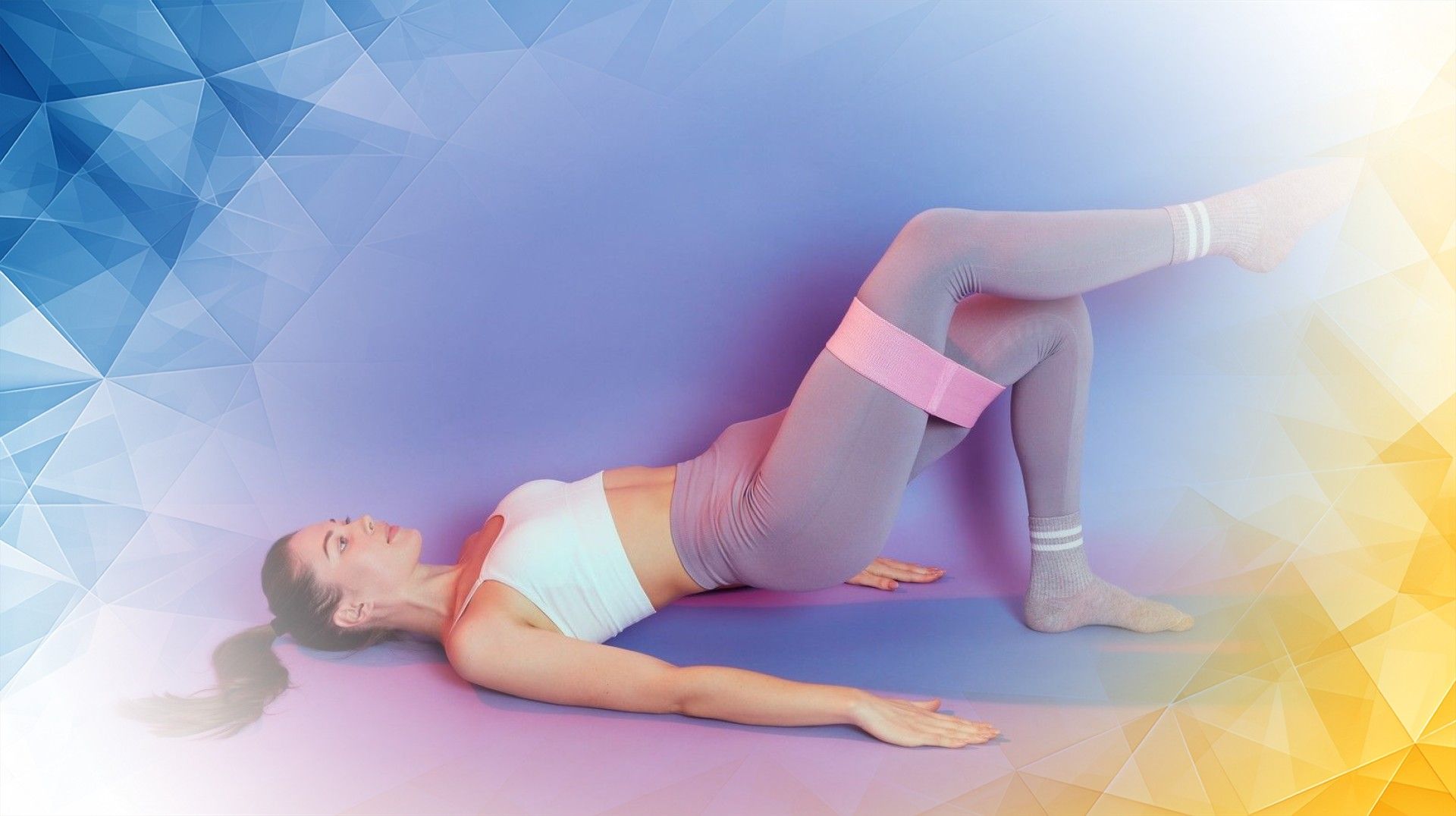



If you often wake up with sore hips after sleeping on your side, you’re not alone. This kind of discomfort can make it tough to get the restful sleep you need. When you lie on your side, the hip that touches the mattress absorbs much of your body weight, causing pressure, soreness, or stiffness. Over time, this pressure, especially if your body isn’t properly aligned, can result in persistent pain. The good news? With a few easy adjustments to your sleep habits and environment, you can find real relief. In this article, we’ll share easy, evidence-based strategies to ease hip pain and help you sleep better.
Side sleeping naturally puts more pressure on the hip pressed against the mattress. This can squeeze the muscles and tendons around the joint, sometimes leading to irritation or inflammation. That’s why you might wake up feeling achy or stiff. If your spine isn’t aligned properly while you sleep, it can add stress to your hips and lower back, making the discomfort worse. Once you understand how pressure and posture affect your hips, you’re one step closer to finding relief.
Research shows a strong link between how we sleep, the pain we feel, and our overall well-being. Poor sleep can make pain feel worse, creating a frustrating cycle where discomfort disrupts your rest and lack of good sleep makes the pain even more intense. On the bright side, improving your sleep posture and environment has been shown to help lower pain levels and boost your mood—making it easier for your body to heal overnight. This is why tweaking your sleep habits can make a real difference for hip pain .
When you sleep on your side, your hip takes on a lot of your body’s weight. If your hips and spine aren’t lined up correctly, this weight isn’t spread out well, which can irritate the nerves and tissues around the hip. Think of it like standing on one foot for too long—after a while, it’s going to hurt. Keeping good alignment distributes pressure more evenly and helps reduce pain and inflammation. Studies show that better alignment not only eases pain but also helps you sleep more soundly, supporting both physical recovery and a positive mood.
Hip pain can have different causes for different people. For example, women may be more likely to feel hip pain on the left side, possibly due to anatomy or hormonal factors. As we age, conditions like arthritis can make hip pain more likely and may require extra steps to stay comfortable. If you have specific health conditions such as rheumatoid arthritis or surgery recovery, check with your healthcare provider before changing your sleep setup so you can use these tips safely.
You don’t have to live with hip pain from side sleeping. By choosing the right pillows, finding a supportive mattress, adjusting your sleep position, and adding gentle stretching to your routine, you can make a big difference in your comfort and sleep quality. Listen to your body, make tweaks as needed, and if the pain sticks around or gets worse, don’t hesitate to talk to a medical professional. Try these tips tonight—you could be on your way to pain-free, restorative sleep .
Bang, N., Mygind‐Klavsen, B., Lund, B., Foldager, C. B., & Jacobsen, S. S. (2025). Pain relieving effects of Botox injection in the hip joint following a periacetabular osteotomy. Journal of Hip Preservation Surgery. https://doi.org/10.1093/jhps/hnaf019
Kim, D. J. (2017). Ultrasound-guided radiofrequency lesioning of the articular branches of the femoral nerve for the treatment of chronic post-arthroplasty hip pain. Pain Physician, 20(2), E323-E327.
Blågestad, T., Pallesen, S., Grønli, J., Tang, N. K. Y., & Nordhus, I. H. (2016). How perceived pain influence sleep and mood more than the reverse: A novel, exploratory study with patients awaiting total hip arthroplasty. Frontiers in Psychology, 7, . https://doi.org/10.3389/fpsyg.2016.01689
All our treatments are selected to help patients achieve the best possible outcomes and return to the quality of life they deserve. Get in touch if you have any questions.
At London Cartilage Clinic, we are constantly staying up-to-date on the latest treatment options for knee injuries and ongoing knee health issues. As a result, our patients have access to the best equipment, techniques, and expertise in the field, whether it’s for cartilage repair, regeneration, or replacement.
For the best in patient care and cartilage knowledge, contact London Cartilage Clinic today.
At London Cartilage Clinic, our team has spent years gaining an in-depth understanding of human biology and the skills necessary to provide a wide range of cartilage treatments. It’s our mission to administer comprehensive care through innovative solutions targeted at key areas, including cartilage injuries. During an initial consultation, one of our medical professionals will establish which path forward is best for you.
Contact us if you have any questions about the various treatment methods on offer.
Legal & Medical Disclaimer
This article is written by an independent contributor and reflects their own views and experience, not necessarily those of londoncartilage.com. It is provided for general information and education only and does not constitute medical advice, diagnosis, or treatment.
Always seek personalised advice from a qualified healthcare professional before making decisions about your health. londoncartilage.com accepts no responsibility for errors, omissions, third-party content, or any loss, damage, or injury arising from reliance on this material. If you believe this article contains inaccurate or infringing content, please contact us at [email protected].